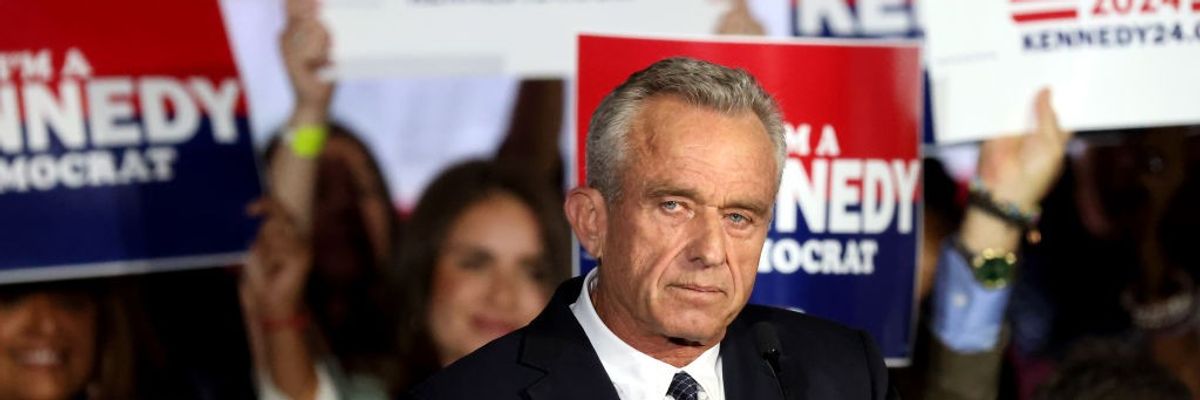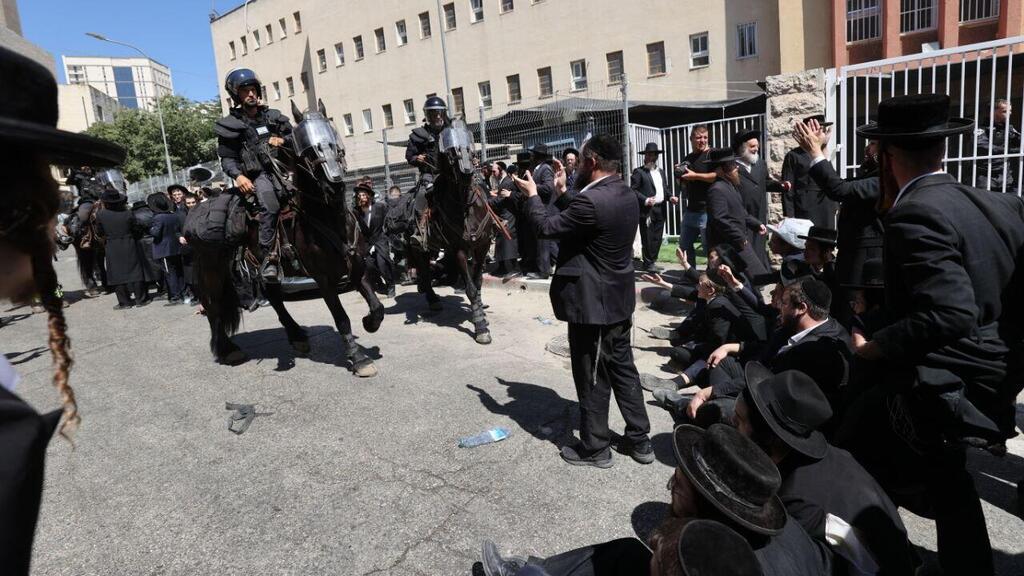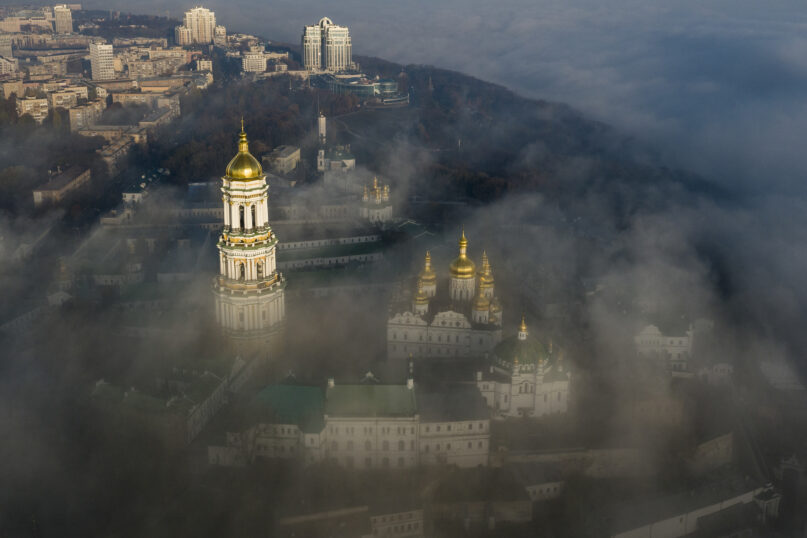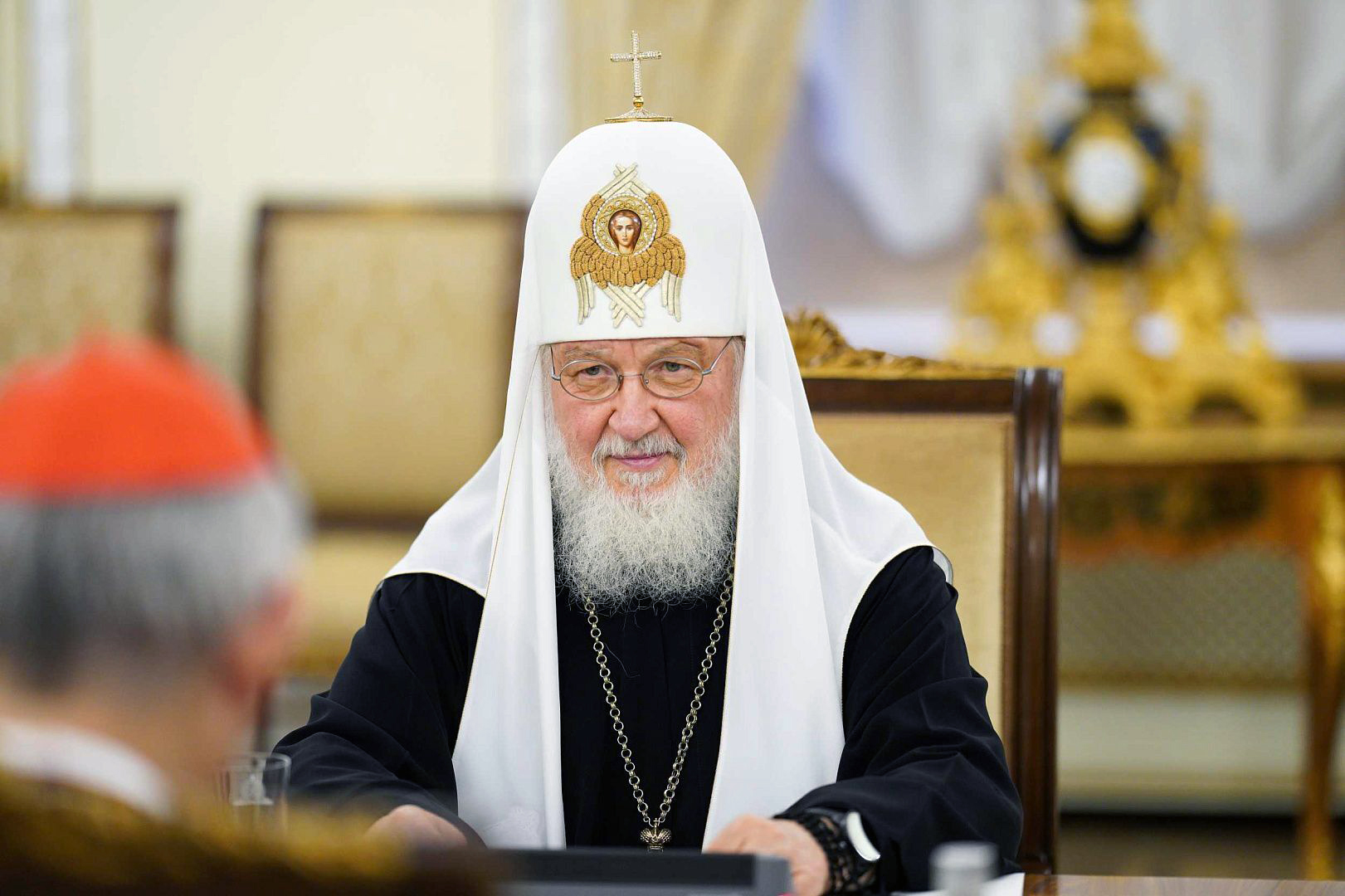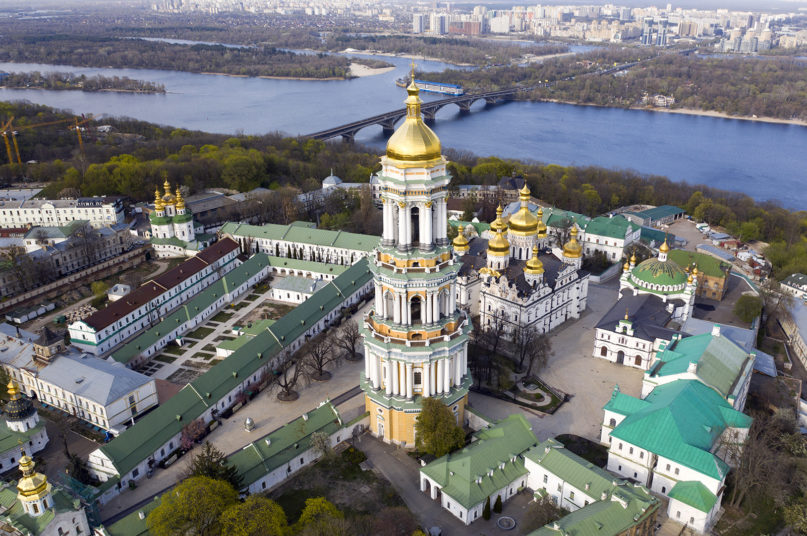In this first part of JURIST’s exclusive post-transition Bangladesh interview series, Senior Editor Tarazi Mohammed Sheikh discussed with Professor Riaz strategies for enhancing Bangladesh’s governance, including maintaining strong relations with neighboring countries, holding free and fair elections, and developing capabilities to deal with past human rights violations and build a more just future.
The interview, originally conducted on August 19, 2024, has been condensed from a more extensive discussion.
JURIST: Dr. Muhammad Yunus, as the leader of the interim government of Bangladesh, brings with him not only his identity as a Bangladeshi citizen but also his global stature as a Nobel laureate with personal connections to many international leaders. In your view, how might Bangladesh leverage these unique attributes to enhance its foreign policy and diplomatic relations during his leadership in the interim government?
Professor Riaz: The global standing of Professor Yunus needs no elaboration. We know who he is. Of course, his connections and his acquaintance with global leaders are important. But I think those are bonuses. Those are not pivotal issues. At this point, what I see as his major strength is that he is an inspirational leader at a very critical juncture for the nation. In the past 15 years, a culture of fear permeated society, and despair was setting in because, despite all kinds of efforts, apparently the regime seemed invincible. Now Hasina’s downfall has made people hopeful, the nation needs a leader who can inspire and uplift.
When this regime fell, what did we find? We have been witnessing for the past 15 years that piece-by-piece institutions were being decimated, but now we see the extent of the damage. Now, these institutions need to be rebuilt. To do so, someone needs to be at the helm who can bring people, who want to make that change, together. Professor Yunus has that capacity, in my judgment.
He’s not a perfect person. Nobody is. And of course, he has never been in civil service. He has always been in the private sector, but most importantly, he has been doing things his way. Rebuilding the state is not an individual endeavor; he will have to build a strong team who are committed to the change. Having Yunus at the top will help in this regard. His global standing would help Bangladesh to be known in the global arena, to see what the challenges this government is facing. As the world would follow him, they would also see what he is up to, what challenges he is facing. That’s why he can leverage his global standing. But we must understand that he has put his reputation earned over decades and his lifetime accomplishments on the line; it is a challenge for him at the personal level too. He needs to succeed.
JURIST: There have been calls for India to assist Bangladesh in holding elections within a specified timeframe, while both the US and Pakistan have quickly expressed their support for the interim government. Some argue that if India continues to support the previous ruling party and does not back the democratization process, it risks further alienation in South Asia. What is your perspective on this? What role can and should India play in this context?
Professor Riaz: There are several things. The first thing is, even before we talk about the election, what we need to understand is what has happened in 15 years. I’ve been saying for years that what was happening, this personalistic autocracy was decimating every single institution that Bangladesh had. These institutions were weak; they were fragile. I’m not saying that they were perfect, but these institutions have been decimated by Sheikh Hasina to create a personalistic autocracy. Without rebuilding these institutions, without putting them in place, an election will not usher in an ear of democratization.
Is an election necessary for democratization? Yes—but not sufficient. Why? Because, until and unless you address the fundamental problems, another hurriedly organized election is just not going to return Bangladesh to the democratic path. Rather, it may create a pathway for another autocracy.
In the past years, during the Hasina regime, I have been insisting that there should be a free, fair, and inclusive election on a level playing field. But without reforming the state institutions, there won’t be a level playing field. It is imperative that everyone feels comfortable, everyone feels that they have a stake in it, and everyone feels that the institutions are serving them. These state institutions need to be rebuilt. That’s the first thing to do regarding the election.
With respect to the role of India, for the past 15 years, has India ever asked about fair elections? When there were three transparently fraudulent elections, why didn’t India ask how the elections were being held? Rather, in 2014, India’s Foreign Secretary Sujatha Singh went to Dhaka, intervened in the domestic political process, and skewed the election in favor of the regime. Suddenly, India has become concerned about the Bangladesh election, whether it should be democratic or not. Let us ask the intent of it.
There was no word about human rights violations. As of now, at least 650 people have been killed within a span of two to three weeks. Nobody in New Delhi had spared a single word about it. Where were they? They are Bangladesh’s neighbors; international media was covering; they knew everything. Even if you forget the last 14 years of extrajudicial killings, enforced disappearance, persecution of opposition, weaponization of judiciary, and the abject failure to uphold human rights–India didn’t say anything about the Hasina regime when a massacre was taking place.
Now suddenly some of the Indian media is talking of elections when India is harboring someone, who for all intents and purposes, has committed crimes against humanity. And I say with certainty that she has committed crimes against humanity, because Article 7 of the Rome Statute says that enforced disappearance and torture are considered crimes against humanity. Under Sheikh Hasina’s regime, more than 650 people have been subjected to enforced disappearance. So I say that India at this point is harboring someone who has committed crimes against humanity.
Interestingly, [former Prime Minister Sheikh Hasina’s] son Sajeeb Wazed has asked India to intervene, but previously, when his mother was in power, if any country had asked for free and fair elections, they would describe this as foreign intervention. Ahead of the 2024 election, when the international community, including the United States, raised concern about the fairness of the process, they said foreign intervention in domestic politics won’t be tolerated. Now an open call for India to intervene is nothing short of a challenge to the sovereignty of Bangladesh.
Instead of listening to and amplifying the call of the deposed regime’s spokesperson, India should use this moment for retrospection. This is the moment for India to understand that over the past 15 years, their policies have not only decimated the institution but also created a personalistic autocracy. In doing so, it has destabilized the region. India will be better served if its leaders and establishment do soul-searching. India has benefited from the last regime. The relationship was unequal. This unequal relationship needs to end. India needs to look at Bangladesh as an independent, sovereign country, which requires it to be treated with dignity, with equality. India’s policymakers should revisit its myopic policy and recalibrate its policy; it is necessary for their own interest as well.
JURIST: A follow-up, Professor Riaz—in terms of India, you mentioned that India now has an opportunity to reconcile its actions over the past 15 years and show greater respect for Bangladesh in this new situation. Do you think one way India could demonstrate this would be by attempting to extradite Sheikh Hasina to Bangladesh, given the numerous cases against her? Would this be a meaningful step in that direction?
Professor Riaz: In terms of extradition, an official request needs to come from the Bangladesh government. But what India can do is they can make sure that whoever they are harboring at this point, she should not be treated as a political leader but someone who has been deposed by the people. She may soon face justice. Hasina should not be allowed to make those statements and speak in a manner that is detrimental to the India-Bangladesh relationship and stability in Bangladesh.
That being said, there have been many instances of autocrats fleeing their own country. We have seen many in the past 50 years. You know, Ben Ali left Tunisia, and the Shah left Iran. As I have studied the rise of the autocrats and published a book with my coauthor Md. Sohel Rana titled “How Autocrats Rise: Sequences of Democratic Backsliding,” we also explored the downfall of dictators as well. During our research, I haven’t found any instance where an autocrat who has been deposed through a popular uprising or in a military coup has been received by government officials when they reached a country seeking refuge. But Hasina was treated differently. One of India’s very high-ranking officials, security adviser to the Prime Minister, Ajit Doval came to the airport to receive her and had a meeting. This is a signal. India needs to understand that these signals are not going unnoticed. On the other hand, the message was loud and clear, Indian media picked up the cue and started a concerted effort to destabilize Bangladesh with misinformation and disinformation. So what can India do? The first step, when it has provided refuge to Hasina, it should be cautious in its comments and restrain its guest from making comments. Then, if Bangladesh, under the extradition agreement signed in 2016, asks for India to extradite Hasina, it should do so. Bangladesh has extradited Indians previously.
JURIST: How do you see China’s potential role in assisting Bangladesh with the Rohingya issue, especially considering the recent political unrest in Dhaka and across Bangladesh, which allowed the Rohingya situation to escalate without much attention? Do you believe this is an opportune moment for the Bangladeshi government, in collaboration with India and possibly the upcoming administration, to strengthen defense cooperation with China? Additionally, should Bangladesh seek India’s support in facilitating Rohingya repatriation or initiating talks with Myanmar, potentially even taking the matter to international courts?
Professor Riaz: China’s tripartite mediation process to repatriate for years has not succeeded. Whether China really was sincere in repatriation is an open question. China has significant leverage on Myanmar. If China wanted, it could use it. Instead, China wanted a symbolic repatriation with the pilot project. Although Chief Advisor Professor Yunus has said that Bangladesh will continue to support Rohingya refugees, the issue of repatriation will be pushed to the back burner. The interim government has much more important, pressing issues to address, reforming state institutions, making sure the internal law and our situation are under control—especially given that the remnants of the last regime are trying to destabilize—then making sure that those who have been killed over the years, particularly since mid-July, receive justice and those who have perpetrated these crimes are held accountable. These are pressing issues, immediate issues. I don’t think that the interim government will engage in any negotiation with the Myanmar government about repatriation because the Myanmar government is reluctant.
I hope the international community will continue to support them. I don’t think there is any other reason for them to discontinue. So the status quo will be maintained.
With respect to China’s defense cooperation, I don’t think this government should get into any kind of long-term commitment with India or China, given that these two governments, China and India, have been very supportive of the previous regime. These countries, especially China, have provided funds that can be described as corrosive capital. China’s funding for this infrastructural development on the one hand made Bangladesh deeply indebted while they have been used for legitimation of the regime.
With respect to going forward, the interim government is likely to maintain good relationships with neighbors, subject to their intention too. If India doesn’t want to have a better relationship, Bangladesh alone cannot do it. But for a long-term relationship, it is better to wait until an elected government comes to power with a mandate from the people about Bangladesh’s foreign policy.
JURIST: The interim government has undertaken the challenging task of reforming the country, particularly in light of longstanding allegations against the previous government. Among these challenges are unresolved cases like the BDR massacre and the murder of the journalist couple. Given the complexities involved, what specific advice would you offer the interim government on utilizing foreign assistance to address these cases or at least establish a framework that could lead to their eventual resolution?
Professor Riaz: First of all, the one that you mentioned about the killing of the journalist couple, there are others like that. Those should have been dealt with as a criminal offense committed by individuals. If there was an independent judiciary, if there was an independent law enforcement, these cases would have been resolved years ago. But these were not resolved, presumably, because of the political connections of the perpetrators. Therefore, it is imperative that these cases are resolved in earnest. But it should not be a one-off case. The law enforcement and judiciary need to be rebuilt in such a manner that there is no repeat of such in the future.
With respect to the BDR rebellion, this is a deeply political issue and intrinsically connected to delivering justice to the families of the victims. This is about holding those who have committed crimes accountable. I hope that the interim government will be addressing the issue as soon as practically possible.
JURIST: Lastly, Prof Riaz, as a seasoned political scientist and analyst who has studied the history of Bangladesh extensively, a pressing issue we often encounter is the appropriate timeline for this interim government. In your view, how long should this government take to effectively reform institutions without overstaying its mandate? Do you have any insights on a potential time frame—whether in years, months or otherwise—that you think would be realistic or advisable?
Professor Riaz: I wish them to do it in seven days. But can this be done in seven days? I would love to see them do it in seven days and on the eighth day, Bangladesh is going to a poll which is free, fair and inclusive. If that is possible, good!
If you are asking me how much time it might take? It might take a year. It might take 18 months. It depends on the capacity of the interim government. It depends on the support of the international community. For example, I’m glad to see that the United Nations has acted quite quickly to go down to Dhaka to begin the investigation of the violence and killings between July 15 and August 5, perhaps beyond.
So let us wait. It has only been 10 days since the interim government assumed responsibility. It is facing some daunting tasks. Fifteen years of mess–corruption, abuse of power, crimes against humanity, you name it –these need to be cleaned up. A deliberate effort to bankrupt the country was conducted. The regime plundered the future of the nation.
So let us not talk of an election as a ritual but instead as a real opportunity for the people to express their will, a process which will be free and fair. The party, whichever comes to power, should have a popular mandate that is unquestionable so that they can govern with confidence and deal with the international community with strength.
.jpg)

